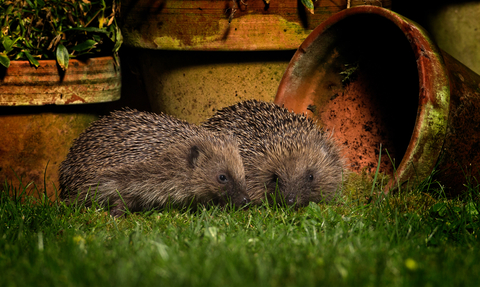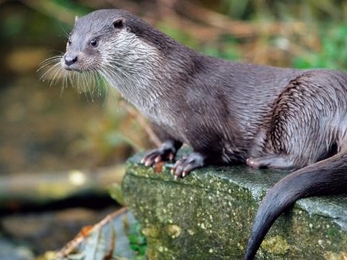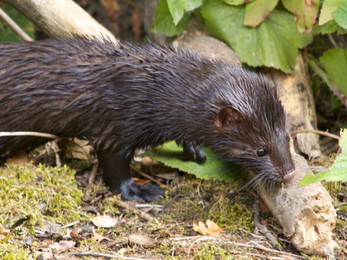
Jon Hawkins - Surrey HIlls Photography
Wildlife and nature advice
Seeing wildlife can be incredible, but it can be hard to know what to do in certain situations. Maybe you have come across an injured or dead animal, or maybe you suspect that a crime has been committed. Our wildlife advice pages will help you know what to do and who to contact if you do find yourself in these situations.
Below you will find information and advice on a range of wildlife and nature topics, from what to do if you experience crimes against wildlife to who to contact if you have bats living in your loft.
Please note that we are unable to offer a general service for the care and rehabilitation of wildlife. We also do not offer any services related to the discovery, reporting, or disposal of dead animals.
If you have an urgent enquiry about injured wildlife in Shropshire, please contact Cuan Wildlife Rescue on 01952 728070.
Wildlife crime
If you witness a crime against wildlife, you need to contact the police directly. We advise that photographic or video evidence is obtained when reporting wildlife crime.
We have more information about reporting a wildlife crime here.
Illegal activity on our land
If you are witness to illegal activity on our nature reserves, again we ask that you report it directly to the police as well as letting us know. These activities will be logged much faster if they are aimed at the police first. Potential crimes could include:
- Trespass of a hunt on a nature reserve
- Hunting of hares or rabbits with dogs
- Deliberate disturbance of a badger sett or protected species
Otters and fishing ponds
Otters are occasionally known to predate fish in garden ponds if they happen to venture into a garden. Surprisingly, this large carnivore will venture away from rivers in streams, particularly in extreme conditions like flooding and low water levels, which impact their ability to find food in their natural habitat.
If an otter does show up in your garden, it is likely to be on a voyage in search of new territory and is likely to stay around for more than a few days. However, if you live near a watercourse, otters may stop by more regularly. In this case, it is best to make access to your garden pond as difficult as possible, by either installing a heavy duty net, or a low lying electric fence around the pond. More advice can be found on the Environment Agency website.
Otter...or mink?
American mink will also predate fish and other wildlife in garden ponds and are sometimes mistaken for otters. Mink are much smaller than otters and have very dark fur. Otters are large (1m from nose to tail), always dark brown and have long, pointy tails.
See our full list of Wildlife and Nature FAQs
Common questions we are asked about local nature topics with our answers to guide you.
Read our Wildlife and Nature FAQs
If you haven't been able to find your answer from our website, then use the Contact Us form to send us your question. Please ensure you choose the correct enquiry type from the drop down menu so that it can be forwarded to the correct department swiftly. Thankyou.


